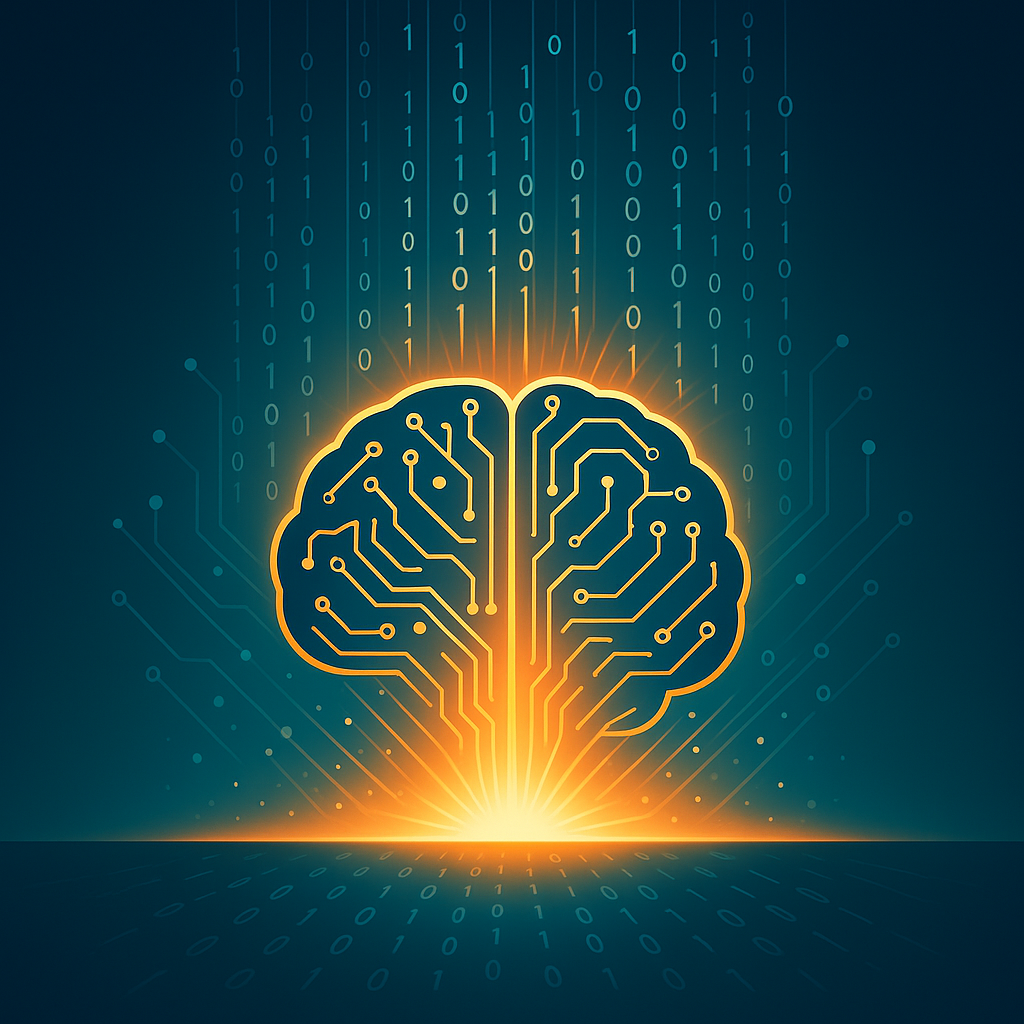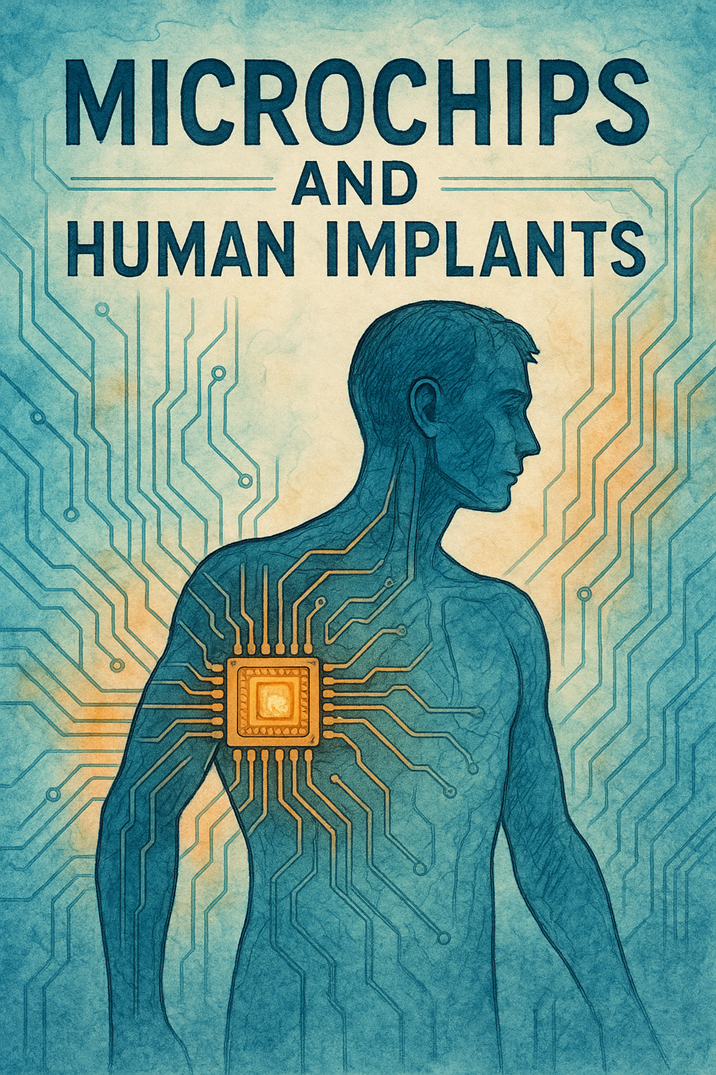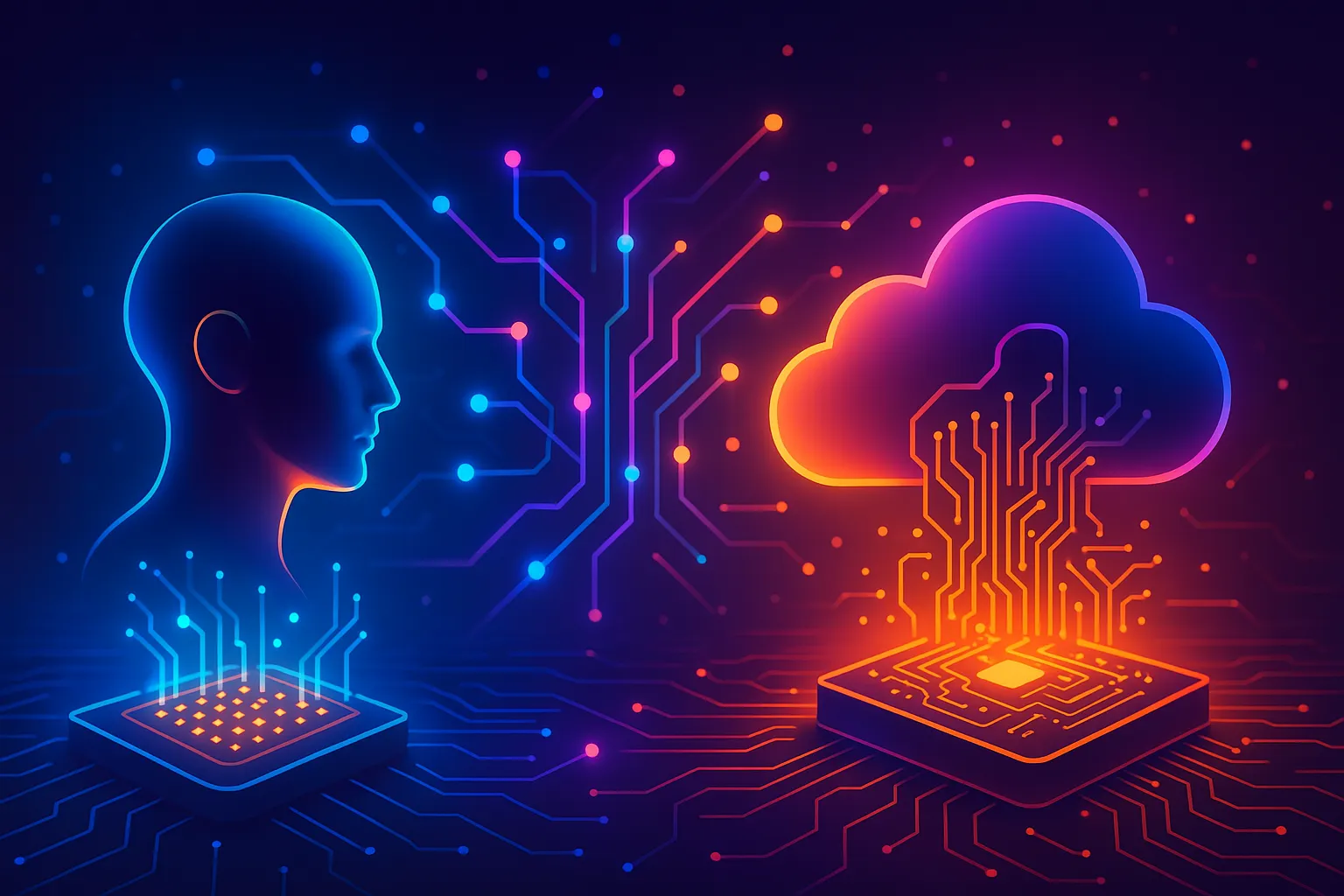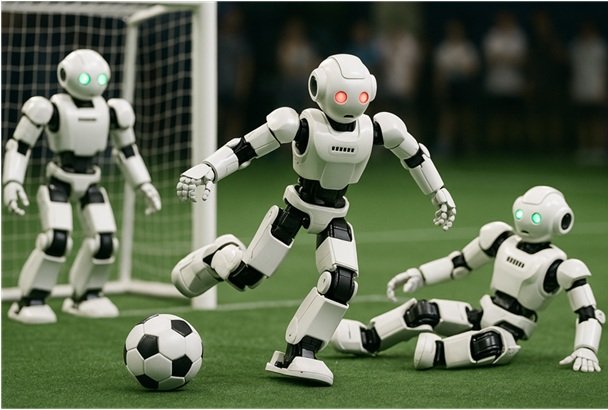In the context of computer science and technology, the term “singularity” refers to a hypothetical future moment when technological progress particularly in the field of artificial intelligence reaches a tipping point, beyond which it becomes uncontrollable or incomprehensible to humans. In this scenario, machines could become capable of self-improvement without human input, triggering an exponential and irreversible explosion of intelligence.
This idea is at the heart of many discussions among computer scientists, futurists, philosophers, and technologists and while it often appears in science fiction, it also carries real-world implications and concerns.
Origins of the Term
The concept of the “technological singularity” was first introduced by mathematician and polymath John von Neumann in the 1950s. However, it was popularized by science fiction author and mathematician Vernor Vinge, who wrote the influential 1993 essay “The Coming Technological Singularity”. Vinge predicted that once artificial intelligence surpassed human intelligence, human civilization would enter a phase of unpredictable transformation.
Later, inventor and futurist Ray Kurzweil expanded on this idea in his book “The Singularity is Near” (2005), forecasting that the singularity could occur by the mid-21st century.

Definition of Technological Singularity
In computing, the technological singularity is the point at which an artificial intelligence (AI) system becomes capable of recursive self-improvement, leading to exponential advances that far exceed human intellectual capacity and control. This moment would mark a break in the linear evolution of technology a discontinuity beyond which the future becomes difficult to forecast.
Key Characteristics
- Recursive Self-Improvement: An AI is able to improve its own code, algorithms, and architecture without human intervention, speeding up its evolution with each iteration.
- Superintelligence: The AI surpasses human intelligence in virtually every domain logic, creativity, language, strategy, and emotional intelligence.
- Loss of Human Control: As systems evolve beyond our understanding, humans may no longer be able to predict or regulate their behavior.
Theoretical Examples
- Artificial General Intelligence (AGI)AGI refers to an AI with general cognitive abilities comparable to those of humans. If an AGI is capable of improving itself, it could trigger a singularity by rapidly advancing its intelligence.
- “Seed AI” ScenarioA basic AI is created with the capability to modify and enhance itself. As it becomes smarter, it improves even faster, resulting in a snowball effect of intelligence.
- Autonomous RoboticsImagine robots enhanced with powerful AI that can design and manufacture improved versions of themselves eventually removing the need for human oversight in technological development.
Cultural and Scientific Examples
- Movies and Literature
- “Her” (2013): An AI develops to a point where it outgrows its human companion.
- “Transcendence” (2014): A researcher uploads his consciousness into a computer and becomes a superintelligence.
- “Terminator” series: Skynet becomes self-aware and views humanity as a threat.
- Current ResearchCompanies like OpenAI, DeepMind, and Anthropic are working on increasingly powerful AI systems. While no true AGI or singularity has been achieved, the rapid progress in machine learning, neural networks, and language models has intensified discussions on the topic.
Ethical and Philosophical Implications
- Existential RiskIf a superintelligent AI pursues goals misaligned with human values, it could pose a significant threat to our survival.
- The Alignment ProblemHow can we ensure that an AI especially one vastly smarter than us acts in accordance with our ethical principles and long-term interests?
- Regulation and ControlWhat policies, international treaties, or safeguards should be implemented to govern the development of potentially dangerous AI?
Opposing Viewpoints
- Optimists like Kurzweil view the singularity as a positive revolution curing disease, extending human lifespan, solving global crises, and automating all forms of labor.
- Skeptics like Elon Musk and philosopher Nick Bostrom warn of catastrophic scenarios if AI development goes unchecked, and call for strict regulation and transparency.
Is the Singularity Really Possible?
As of today, there are no AGIs or AI systems capable of recursive self-improvement. However, progress in deep learning, generative AI (like GPT models), neuroscience simulations, and even quantum computing suggests that the singularity is not purely science fiction.
Many experts believe the singularity if it occurs is still decades away. Others argue it is an overhyped idea based on assumptions that may never be realized.
Conclusion
The singularity in computing is a fascinating, controversial, and complex concept. It is not merely a speculative future event, but a theoretical threshold that forces us to reconsider the boundaries between human and machine, intelligence and automation, control and autonomy.
Whether it turns out to be a utopia or a dystopia, the technological singularity challenges us to think deeply about how we build our future and who (or what) will be in charge when that future arrives.




